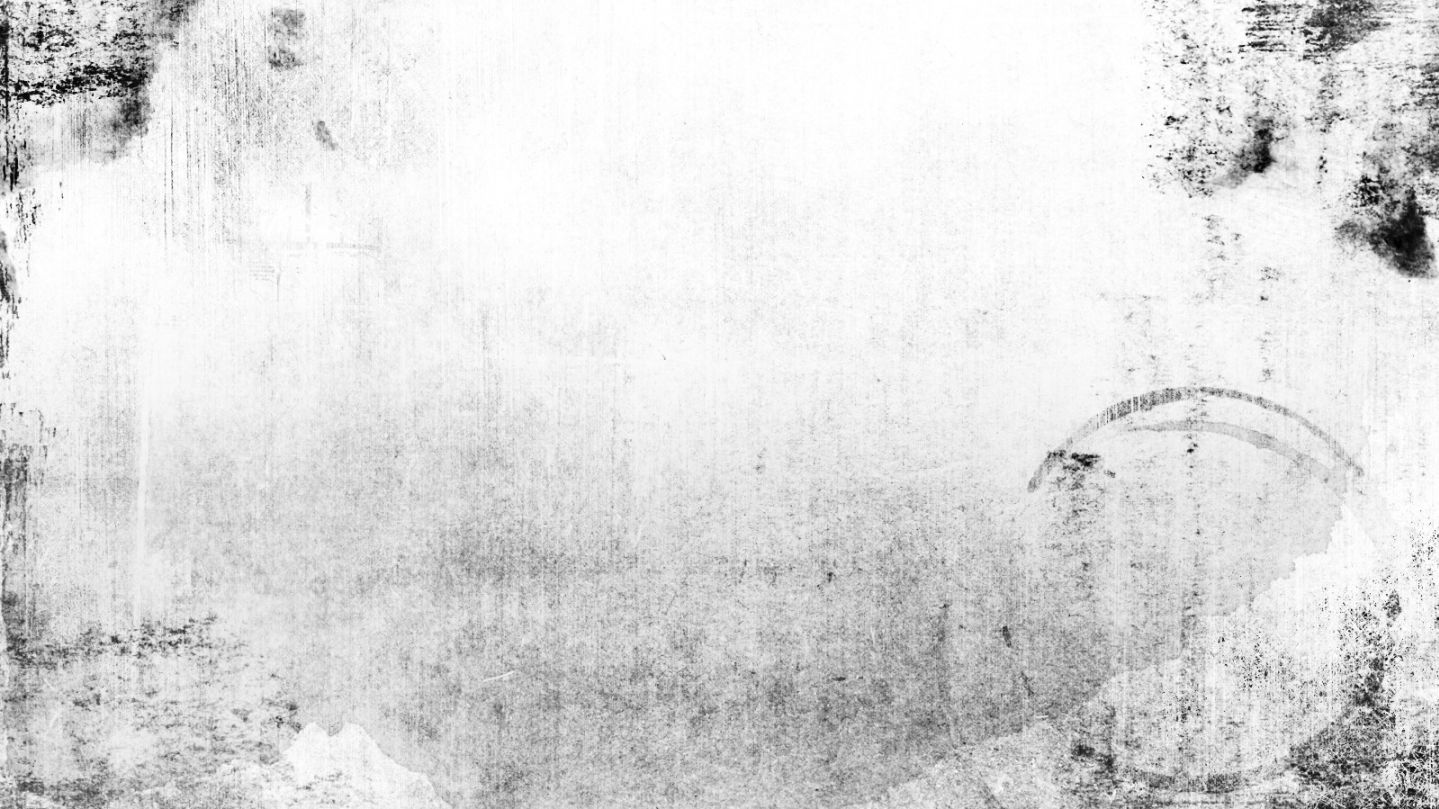Editor’s Note: David G. Allan is editorial director of CNN Health and Wellness. He wrote this story in 2014 for the BBC. He writes The Wisdom Project and you can follow him @davidgallan
Story highlights
It's been a year since James Foley was murdered at the hands of ISIS
Foley inspires others to follow their passion and make a positive influence on the world
“The purpose of life is a life of purpose,” wrote author Robert Byrne.
If you are lucky enough to find your purpose, and brave enough to risk its dangers and unfortunate enough to lose your life for it, as James Foley did in reporting from conflicts in Libya and the Middle East, then death also carries that purpose.
That’s about as close as I have gotten to gleaning wisdom and understanding from the public and shocking death of an old friend.

Jim – the first Western journalist who was executed by ISIS militants in Syria – and I were in the same small group of new teachers placed in classrooms in the poorer sections of Phoenix, Arizona, through an American public service program called Teach For America, just out of college. It was a difficult job for which we were under-trained, and our earnest group of around 30 was a tightly bonded and supportive family that socialised and commiserated together. All my memories of Jim at that time are that he stood out as one of the least discouraged by, and had the greatest sense of humor about, our classroom troubles.
Related: A fractured life, put back together
We both went on to become professional journalists after teaching, but our careers are a study in contrast. I took a scenic route: wrote travel guidebooks, chased web jobs in San Francisco, traveled, got married and started a family, settled down. Jim stayed dedicated to doing good for others: taught reading and writing to inmates in a prison in Chicago, mentored at-risk youth, went to graduate school for journalism, which inspired him to become a combat journalist, reported stories from the places where stories are least able to be accurately reported: Afghanistan, Iraq, Libya, Syria. He embodied a sense of purpose, passion and vocation – more of a calling than a career.
I hadn’t spoken to Jim for more than a decade when I heard through mutual friends he had been kidnapped in Libya in 2011. I attended an event supporting him in New York City at which his family and close friends heartbreakingly, but optimistically, spoke of their love for him and faith he would return safe. And, not long after that night, our collective hopes and prayers were answered.
Then he went back.
He was there at Muammar Gaddafi’s capture. A year later he went to Syria to report on the growing civil war, where he was kidnapped again. No one claimed to have him and his captivity and silence lasted nearly two years until his death. Few can fathom what his captivity was like but we know from his first kidnapping that his Catholic faith was an enormous source of resilience.
Related: Getting back to life after death
What drove him to dedicate his entire professional career to helping others and increasing transparency from the most troubled parts of the world? In a statement to the press after Jim’s death, his father, John, responded to a similar question by quoting Joel Simon, executive director of the Committee to Protect Journalists. “Why do firemen keep going back into blazing homes? Because it’s their job.”
Two weeks after his release in Libya, Jim spoke to students at his alma mater, Northwestern’s Medill School of Journalism. He explained why it was vital to cover these difficult stories, what attracted him to covering military conflict, and he was frank about the risks.
In the interview he also spoke about the motivation behind his second career and how he was particularly influenced by a conflict journalism course. “I think the amazing thing about any class,” he told the students, “is the ability to get somebody who inspires you.”
That line made me think of teaching in Phoenix and our group’s shared goal to light the inspiration spark in our students. And it reminded me of one of my professors – the pacifist author and former Washington Post columnist Colman McCarthy – who urged me to apply for Teach For America. “You have to give back, David,” he told me. Thanks to Colman I met Jim, who inspires me now.
Related: What I’d tell my younger self
Inspires me to do what? I’m not sure yet. Maybe to be braver, or take direct action on issues about which I feel strongly. Certainly to more acutely appreciate my life and the people in it. Right now I feel particularly grateful to have had Jim in it. That gift brings these vital questions into sharper focus. And his story, now amplified by global news coverage, will continue to inspire others to follow their passion and make a positive influence on the world, which is the greatest legacy with which we can honor him.


